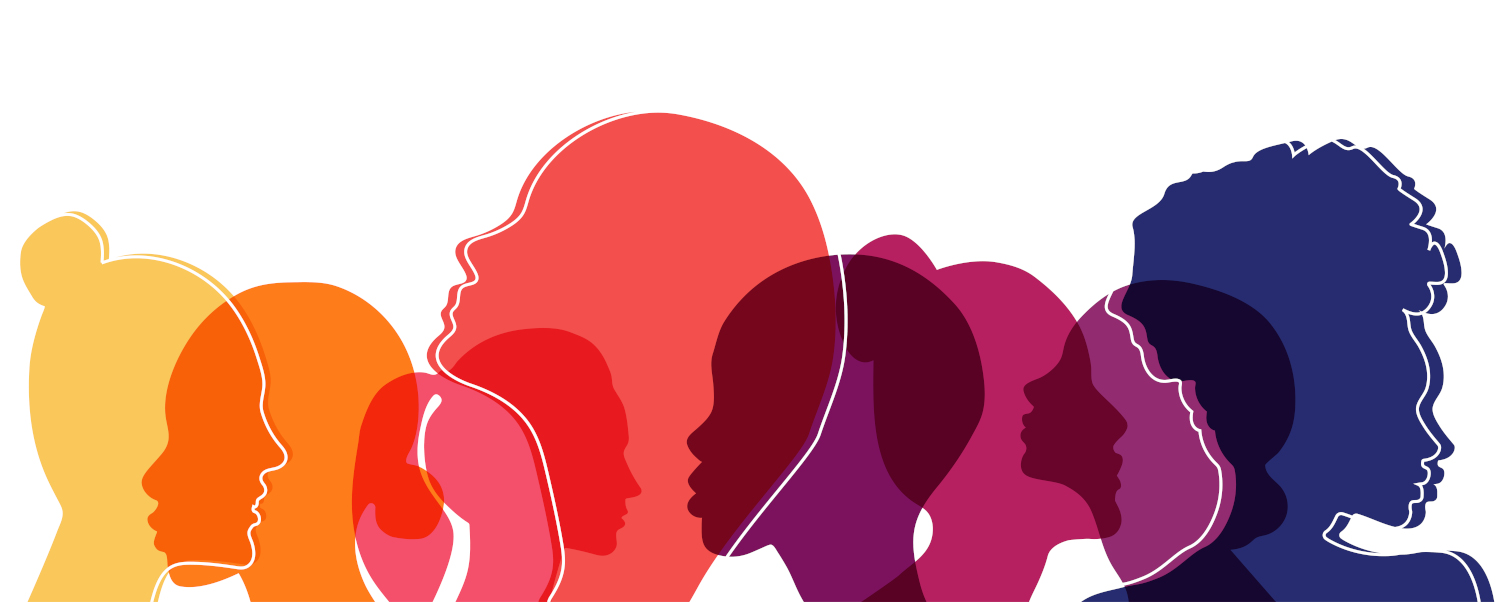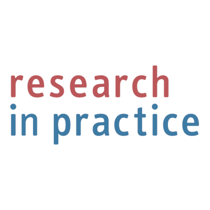New Research in Practice resources explore how organisations can support neurodivergence in the workplace. The resources are open access for Neurodiversity Celebration Week.
We all think, act, communicate and process information in many different ways. Neurodiversity as a concept helps us to see these differences as a natural part of humanity and although there is growing awareness, more can be done to support our colleagues who have different conditions.
In a new blog and series of videos, Deb Solomon and Jenni Guthrie (Chair and Deputy Chair of the BASW Neurodivergent Social Workers Special Interest Group) explore how organisations can support neurodivergent practitioners to thrive and progress. They consider common assumptions about neurodiversity and provide effective examples for practice.
Neurodiversity Celebration Week aims to transform how neurodivergent individuals are perceived and supported. We should recognise the many talents of being neurodivergent and create equitable cultures that celebrate differences and empower individuals.
These five short films explore how organisations can support neurodivergent practitioners to thrive and progress, and in the context of the continuing recruitment and retention crisis in social work, why it is important to do so. Examples of effective practice and challenge questions are included.
Neurodivergent social workers exist and there is a growing awareness they are present in every local authority service across the UK. Whilst some advances have been made, this blog focuses on the need to develop better neuroinclusive practices within social work.
What is neurodiversity?

Neurodiversity is used to describe the differences in the way people’s brains work. It can incorporate attention deficit hyperactivity disorder (ADHD), autism, dyslexia and dyspraxia – among others.
The idea is that there’s no correct way, but that people perceive and respond to the world differently. Watch our short clip below to find out more.
The clip is part of a new video learning resource which explores:
- Myth busting and common assumptions about neurodiversity.
- Adopting a strengths-based approach to supporting neurodivergent practitioners.
- The views and experiences of neurodivergent practitioners.
- Doing things differently: examples of effective practice and challenge questions for organisations.
Every neurodivergent individual has a unique pattern of strengths and challenges so it is important that we take a person-centred approach, tailored to each individual.

